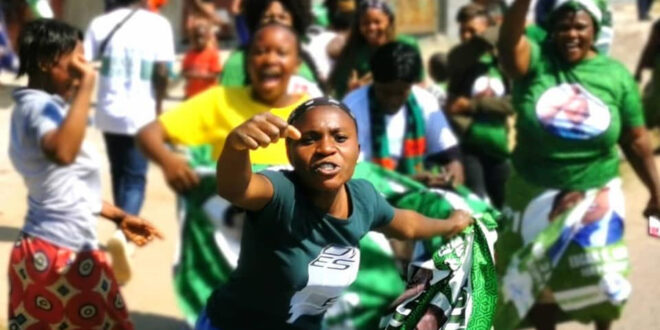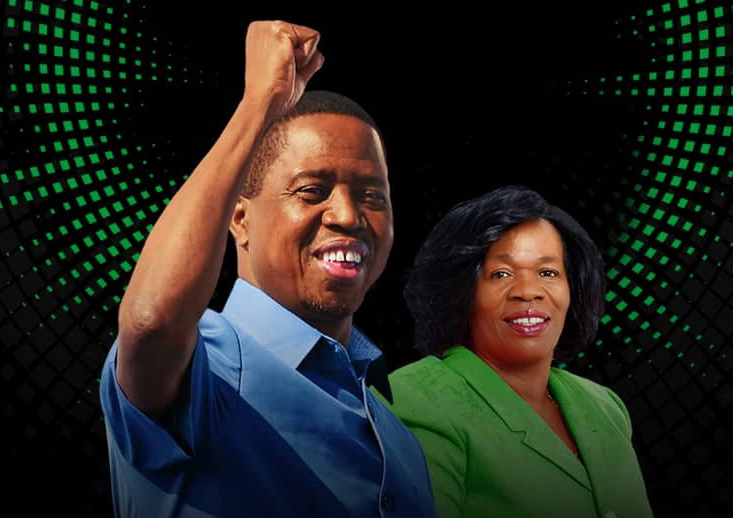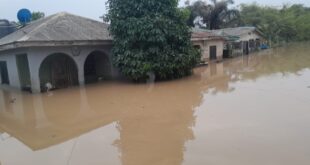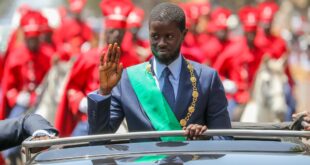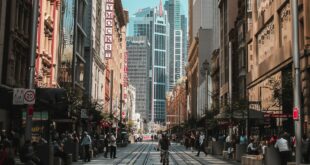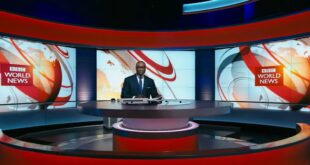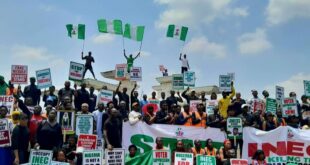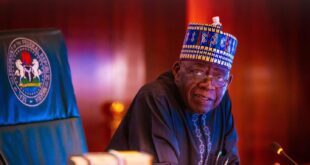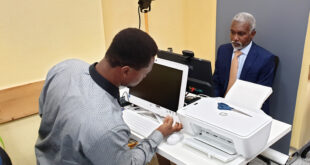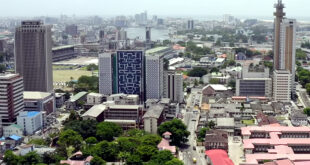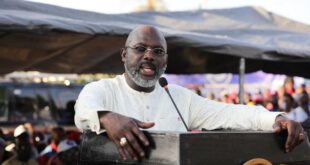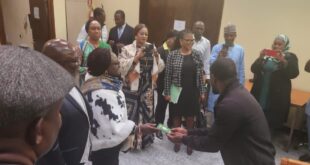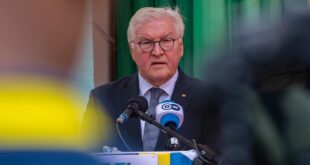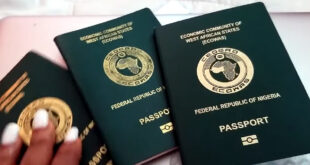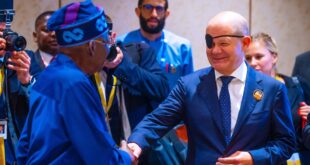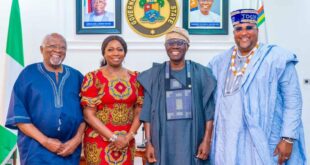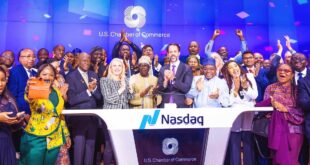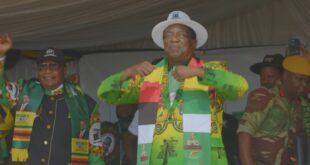Zambians will on Thursday vote at their country’s presidential and parliamentary elections. Our contributing editor, African political analyst and university don, Prof David Monda*, looks at the polls and poses critical questions about the democratic credentials of Zambia in view of recent developments and he explains why the victory of incumbent President Edgar Lungu could cast a shadow over the country
——-
Who could forget the jubilation of the Zambian people, and the exhilaration of opposition movements in the rest of the continent, with the announcement of the results of the October 31st, 1991, general election in Zambia?
The incumbent president Kenneth Kaunda had been defeated in a hotly contested election by Frederick Chiluba, the maverick trade union leader of the Movement for Multi-Party Democracy (MMD). However, exactly three decades down the line, Zambia is engaged in democratic backsliding.
The euphoria of 1991 is replaced 30 years later by the despondence over the coercive use of the military in enforcing public safety, the tainted legitimacy of a third term for incumbent President Edgar Lungu and questions around the openness and viability of having a free and fair election. Zambia appears to be in the intensive care unit on an overdose of democratic backsliding.
The demise of accruing the full benefit of the democratic gains, centres around the inability of the Zambian political system to build on the democratic gains of the historic October 31st, 1991 election. Government critics charge the Zambian military is being used inappropriately.
The Zambian military was constituted to protect the Zambian state from external aggression. It can only be used in extreme cases of the total collapse of the state in Zambia. Critics of President Lungu’s regime argue that the Zambian military is being used as an instrument of repressing domestic dissent. In addition to this, they contend that the use of the military for public safety replaces the role of the Zambian police in ensuring public safety. This is a major threat to democratic governance and freedom of the Zambian polity.
Critics of the Lungu administration also argue that the military should only be used in conditions of external and internal threats to the core institutions of the state, especially when the threat of the collapse of the state is imminent. This is not the case in Zambia today. If this was the case and Zambia was on the verge of collapse, then there should be no elections.
Another element that illustrates Zambia’s democratic backsliding is the run of President Lungu for a third term. The opposition argues that he has already served his two terms and needs to make way for other candidates. Lungu argues he is within his constitutional right to contest for another election under the ticket of the Patriotic Front (PF). What this controversy opens up is the question of legitimacy. That is, to what extent will Edgar Lungu’s decision to seek a third term dampen the legitimacy of his presidency should he win a third term. This is a question only Zambians can answer in a post-election scenario.
Lastly, is the question of open, free, and fair elections. The opposition claim the August 12th elections cannot ever be free and fair because the Zambian government has inherent, implied and enforced advantages over the opposition. President Lungu’s critics argue that the government has used the pretext of enforcing Covid-19 restrictions as a pretext to curtail the campaign of the opposition and to harass and coerce opponents into submission.
These are serious claims and they dent the image of Zambian democracy. In addition to this, they are legitimate grounds for any loser of the elections to go to court and sue the Electoral Commission of Zambia (ECZ) and the government for not creating the conditions conducive for a free and fair election. The argument being the repressive arm of the state used Covid-19 restrictions as a pretext to break up opposition campaigns and engage in voter selection.
Engaging in voter selection by ensuring strict application of Covid-19 rules in opposition strongholds to repress turnout, while going easy in Patriotic Front (PF) or government strongholds to boost turnout.
The jury is out on Zambia’s democratic backsliding. August 12th will be a pivotal day in the consolidation of the democratic ideals planted on that rapturous day of October 31st, 1991. That said, it is likely that there will be no clear winner in the first round of voting and no candidate will win the requisite 50+1 majority to win the election outright.
With this in mind, there is a big chance of a runoff between the top two candidates. This is likely to result in a lot of horse trading and political realignments. For President Edgar Lungu, he is looking for a win in the first round of voting. Whether this will happen will only be known after all votes are counted.
—–
Prof Monda teaches political science, international relations and American government at the City University of New York (York College), New York, USA. He can be reached at dmonda1@york.cuny.edu
 THE AFRICAN COURIER. Reporting Africa and its Diaspora! The African Courier is an international magazine published in Germany to report on Africa and the Diaspora African experience. The first issue of the bimonthly magazine appeared on the newsstands on 15 February 1998. The African Courier is a communication forum for European-African political, economic and cultural exchanges, and a voice for Africa in Europe.
THE AFRICAN COURIER. Reporting Africa and its Diaspora! The African Courier is an international magazine published in Germany to report on Africa and the Diaspora African experience. The first issue of the bimonthly magazine appeared on the newsstands on 15 February 1998. The African Courier is a communication forum for European-African political, economic and cultural exchanges, and a voice for Africa in Europe.

